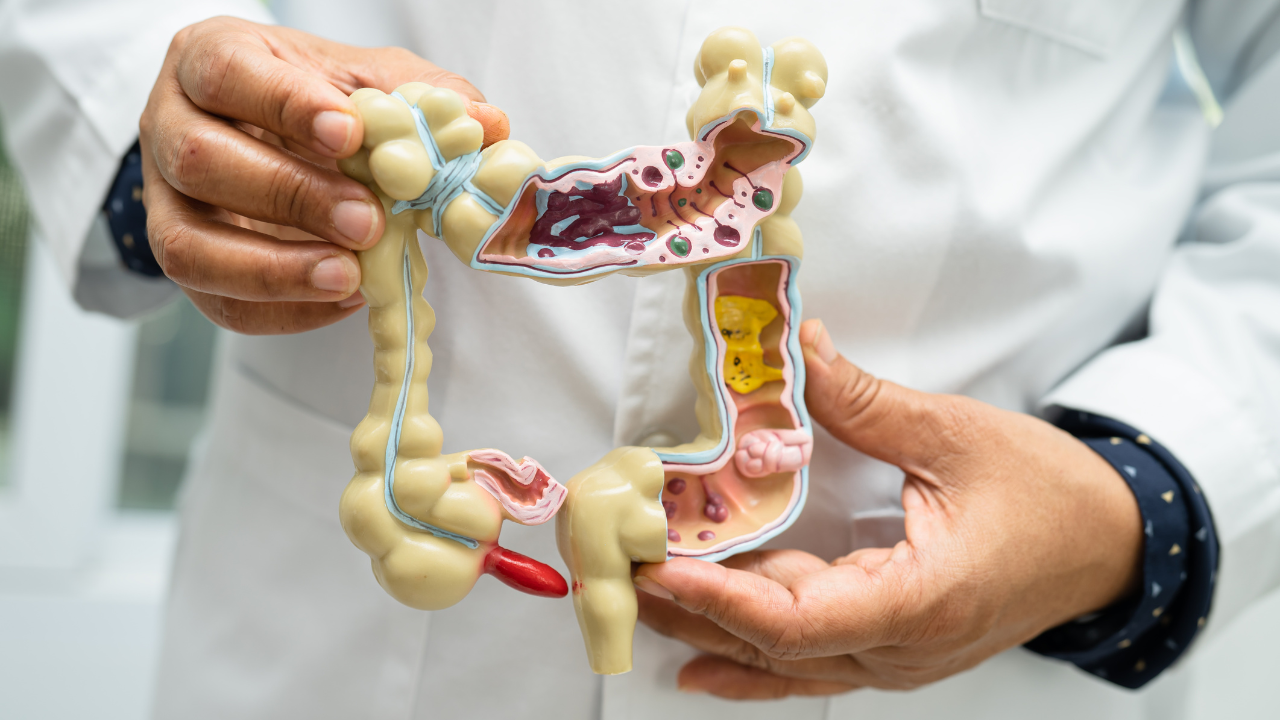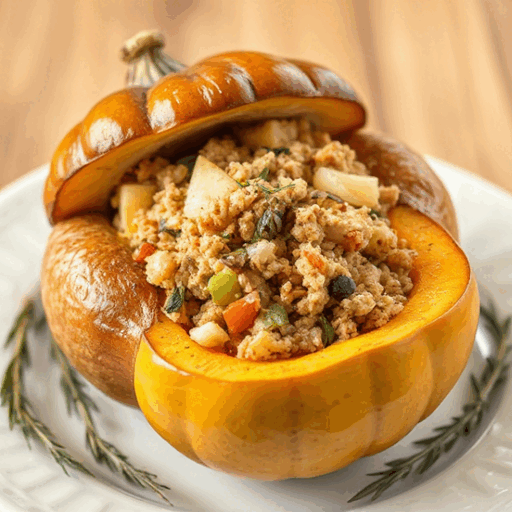What are the Collagen-rich foods?
Collagen is a body-produced fibrillar protein that gives elasticity and…

Digestion is the foundation of overall wellness. When your gut is healthy, your body absorbs nutrients efficiently, reduces inflammation, and boosts immunity. But poor digestion can leave you feeling bloated, fatigued, and sluggish. The good news? Small, intentional habits can make a big difference.
Chew Your Food Slowly
Digestion starts in the mouth. Chewing your food thoroughly allows enzymes in your saliva to begin breaking down carbohydrates, making digestion easier on your stomach and intestines.
Enhances nutrient absorption by breaking food into smaller particles.
Reduces bloating and gas by preventing large, undigested chunks from entering the stomach.
Signals satiety sooner, helping to avoid overeating.
Pro Tip: Aim for 20–30 chews per bite to give your digestive system a head start.
Add Fiber to Your Diet
Fiber promotes regular bowel movements, feeds healthy gut bacteria, and helps sweep toxins out of the body.
Top Fiber-Rich Foods:
Leafy Greens: Spinach, kale, and Swiss chard.
Chia Seeds and Flax Seeds: Packed with soluble and insoluble fiber.
Vegetables and Fruits: Broccoli, carrots, apples, and berries.
Pro Tip: Gradually increase fiber intake to avoid bloating and pair it with plenty of water for better digestion.
Drink Enough Water
Water is essential for breaking down food, absorbing nutrients, and keeping waste moving through your intestines.
Prevents constipation by softening stools.
Flushes toxins and supports detoxification.
Aids in the production of digestive juices.
Pro Tip: Aim for 8 cups (64 oz) of water daily, and consider herbal teas like ginger or peppermint for added digestive support.
Avoid Processed Foods
Processed foods often contain additives, preservatives, and unhealthy fats that can disrupt gut bacteria and lead to inflammation.
What to Eat Instead:
Whole, nutrient-dense meals with lean proteins, vegetables, and healthy fats.
Cooked grains like quinoa and brown rice for fiber and energy.
Fresh, unprocessed snacks like nuts, seeds, and fruits.
Pro Tip: Focus on foods that are as close to their natural state as possible to nourish your digestive system.
Include Digestive Enzymes
Digestive enzymes break down fats, proteins, and carbohydrates, making nutrients easier for your body to absorb.
Foods Rich in Enzymes:
Pineapple and Papaya: Contain bromelain and papain, which aid protein digestion.
Fermented Foods: Sauerkraut, kimchi, and miso boost enzyme levels and gut health.
Apple Cider Vinegar: Promotes enzyme production and stomach acid balance.
Pro Tip: Try adding a slice of pineapple after meals or drinking a tablespoon of apple cider vinegar diluted in water before eating.
Maintain Gut Bacteria Balance
A balanced gut microbiome supports digestion, reduces inflammation, and strengthens immunity.
Probiotic-Rich Foods:
Sauerkraut and Kimchi: Natural sources of probiotics.
Kefir and Yogurt (Non-Dairy Options Available): Provide live cultures for gut health.
Pickles and Fermented Vegetables: Promote the growth of good bacteria.
Prebiotic Foods:
Garlic, onions, asparagus, and bananas feed healthy gut bacteria.
Pro Tip: Incorporate a mix of probiotics and prebiotics daily to maintain microbial balance.
Healthy Digestion Starts with Intentional Choices
Supporting your digestive system isn’t complicated—it’s about nourishing your body with whole, nutrient-dense foods, staying hydrated, and promoting a healthy gut environment. Whether you start by adding more fiber, chewing your food slowly, or incorporating probiotic-rich foods, every small change brings you closer to better digestion and overall well-being.
Take care of your gut, and it will take care of you.
Collagen is a body-produced fibrillar protein that gives elasticity and…
copyright © 2025 Anti-Inflammatory Approach. All rights reserved. Unauthorized reproduction, distribution, or use of any content, including text, images, recipes, or other materials on this website, is strictly prohibited without prior written permission. This website’s content is provided for informational purposes only and does not constitute medical or professional advice.


This $1 anti-inflammatory cookbook is packed with simple, tasty recipes to reduce inflammation and improve energy. Don’t miss out—get it now on Amazon!